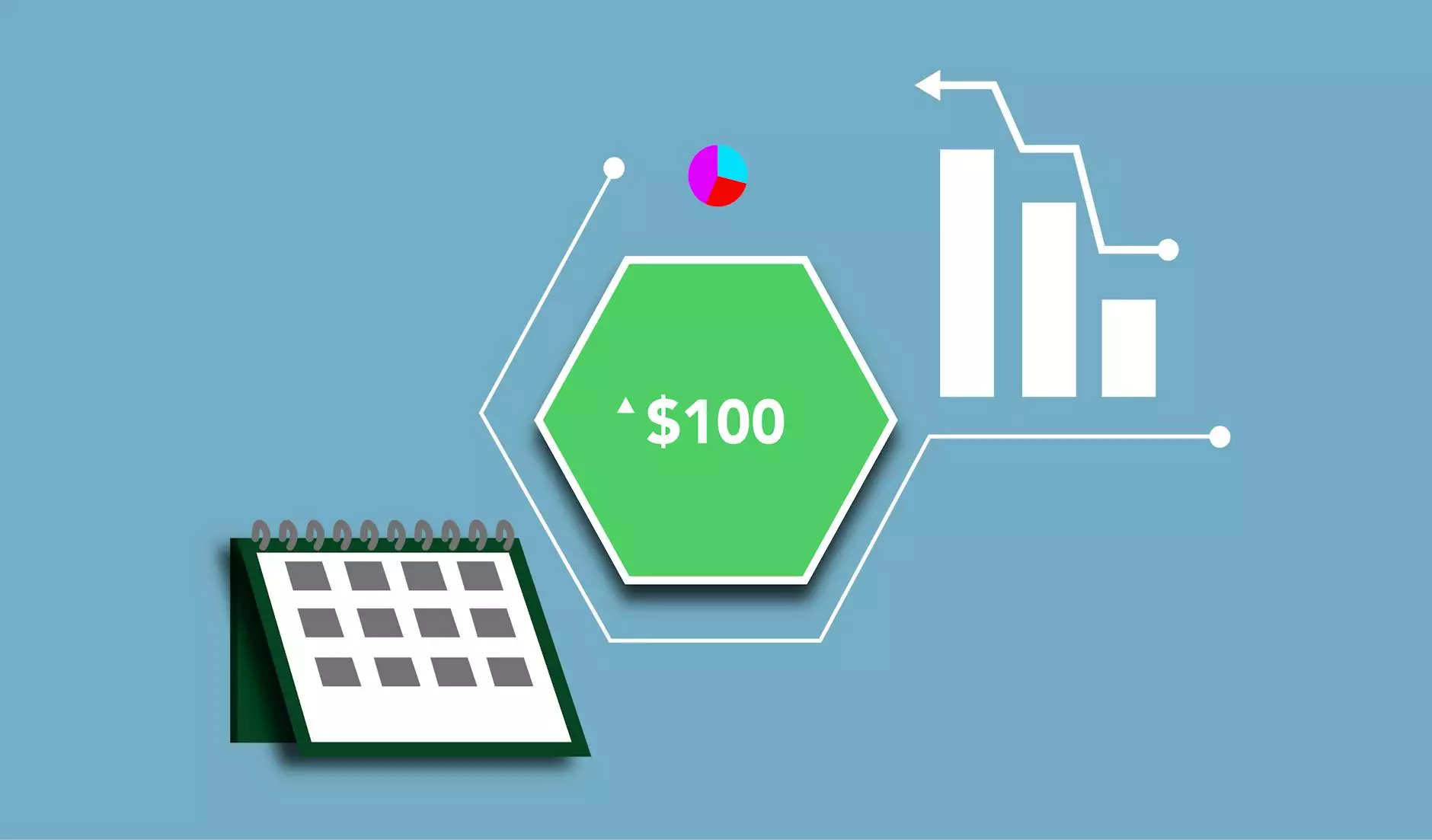20 Marketing Terms You Need for Business - 312 Marketing

Are you looking to enhance your marketing skills and knowledge? Want to stay ahead in the competitive world of business and consumer services - marketing and advertising? Look no further! At 312 Marketing, we've compiled a list of 20 essential marketing terms that you need to know. Let's dive right in!
1. Target Audience
Understanding your target audience is crucial for successful marketing campaigns. It refers to the specific group of people that your products or services are intended for. By defining your target audience, you can tailor your marketing strategies to effectively reach and engage with them.
2. Branding
Building a strong brand is essential for creating a positive image in the minds of your customers. Branding encompasses everything from your company's name, logo, design, and overall identity. It helps differentiate your business from competitors and builds trust and loyalty among your target audience.
3. SEO (Search Engine Optimization)
SEO is the process of improving your website's visibility on search engine result pages. By optimizing your website's content and structure, you can rank higher in organic search results, driving more traffic to your site. It involves keyword research, on-page optimization, and building high-quality backlinks.
4. Content Marketing
Content marketing focuses on creating and distributing valuable content to attract and engage a target audience. It helps build brand awareness, establish thought leadership, and drive website traffic. Content can include blog articles, videos, infographics, and social media posts.
5. Social Media Marketing
Social media marketing involves using social platforms like Facebook, Instagram, Twitter, and LinkedIn to connect with your audience, increase brand visibility, and drive website traffic. It includes creating engaging content, running targeted ad campaigns, and analyzing the effectiveness of your social media efforts.
6. Conversion Rate
Conversion rate is the percentage of website visitors who complete a desired action, such as making a purchase, signing up for a newsletter, or filling out a form. By optimizing your website's usability, design, and calls-to-action, you can increase your conversion rate and achieve higher business goals.
7. Call-to-Action (CTA)
A call-to-action is a prompt that encourages users to take a specific action, such as "Buy Now," "Sign Up," or "Download Now." CTAs are strategically placed throughout your website or marketing materials to drive conversions. They should be clear, compelling, and easy to follow.
8. Analytics
Analytics refers to the collection and analysis of data to gain insights into your marketing efforts. By measuring key metrics like website traffic, conversion rates, and customer behavior, you can make informed decisions to optimize your marketing strategies and campaigns.
9. CRM (Customer Relationship Management)
CRM is a system or software that helps businesses manage and analyze customer interactions and relationships. It enables you to track customer data, personalize communication, and improve customer satisfaction. CRM systems are essential for maintaining strong customer relationships and increasing customer loyalty.
10. ROI (Return on Investment)
ROI measures the profitability of your marketing investments. It calculates the return you receive in relation to the cost you invested. By tracking your marketing ROI, you can identify which strategies are generating the highest returns and allocate your budget more effectively.
11. Lead Generation
Lead generation is the process of attracting and converting potential customers into leads. This can be done through various marketing tactics such as content creation, gated content offers, email marketing, and social media campaigns. Generating leads is crucial for nurturing relationships and driving sales.
12. PPC (Pay-Per-Click) Advertising
PPC advertising is a model of online advertising where advertisers pay a fee each time their ad is clicked. It enables businesses to display ads on search engines or social media platforms and ensures targeted exposure to potential customers. Carefully managing PPC campaigns can lead to increased brand visibility and conversion rates.
13. Viral Marketing
Viral marketing refers to the strategy of creating and promoting content that spreads quickly and widely through word-of-mouth or online sharing. This can be achieved through catchy videos, memes, or interactive campaigns. Going viral can significantly boost brand awareness and reach a large audience.
14. Influencer Marketing
Influencer marketing involves collaborating with influential individuals or personalities to promote your products or services. These influencers have a loyal following and can sway the purchasing decisions of their audience. Leveraging influencer partnerships can increase brand credibility and reach.
15. Customer Segmentation
Customer segmentation is the process of dividing your target audience into distinct groups based on common characteristics or behaviors. By understanding the unique needs and preferences of different customer segments, you can tailor your marketing messages, products, and services to effectively meet their needs.
16. Competitive Analysis
Competitive analysis involves researching and evaluating your competitors' marketing strategies, strengths, and weaknesses. By understanding what your competitors are doing well and where they may be falling short, you can identify opportunities to differentiate yourself and gain a competitive edge.
17. Email Marketing
Email marketing is one of the most effective ways to engage with your audience and nurture leads. It involves sending targeted emails to subscribers, providing valuable content, promoting products or services, and driving conversions. Crafting personalized and engaging email campaigns can drive customer loyalty and boost sales.
18. UX (User Experience)
User experience refers to the overall experience that a user has when interacting with your website or digital products. It encompasses factors such as ease of navigation, page load speed, mobile responsiveness, and intuitive design. Creating a seamless user experience is key to keeping visitors engaged and driving conversions.
19. Landing Page Optimization
Landing page optimization involves improving the performance and conversion rate of specific landing pages on your website. By optimizing elements such as headline, copy, design, and call-to-action, you can increase the chances of visitors taking the desired action, such as making a purchase or filling out a form.
20. Market Research
Market research involves gathering and analyzing data about your target market, competitors, and industry trends. It provides valuable insights into consumer preferences, market opportunities, and potential challenges. Conducting thorough market research helps you make informed decisions and develop effective marketing strategies.
There you have it - 20 essential marketing terms that you need to know for your business. By familiarizing yourself with these terms and incorporating them into your marketing efforts, you'll be well-equipped to stay ahead in the competitive world of business and consumer services - marketing and advertising.
At 312 Marketing, we understand the importance of staying up-to-date with the latest marketing trends and strategies. Our team of experts is dedicated to helping businesses like yours thrive in the digital landscape. Contact us today to discover how we can elevate your marketing game to new heights!










